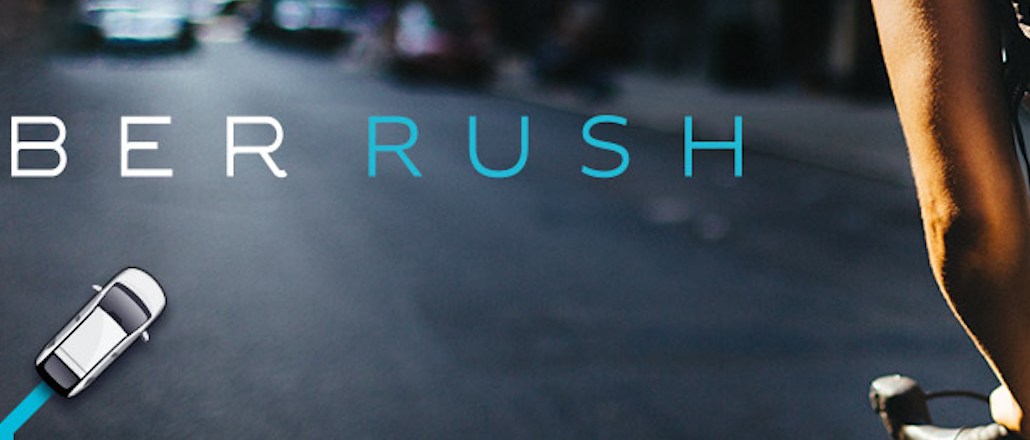Last chance to save on Digiday Publishing Summit passes is February 9

Uber hopes to combine its ride-sharing service, UberPool, and its delivery service, UberRush, to remove city congestion and drive down costs.
Speaking at Wired’s Retail event in London this week, Jo Bertram, regional manager for the U.K., Ireland and the Nordics, said the company sees itself not as a transport service but as “a technology platform that links people.”
Indeed, the taxi-hailing app, now valued at £46 billion ($70 billion), has grown quickly on the back of its use of real-time data to match a moving supply (Uber drivers) with a moving demand (Uber riders). Now, it is applying its formidable tech to the transport goods as well as people.
“One of the interesting evolutions is when you build on technology, such using UberPool and the UberRush service together, to create new efficiencies and reduce the price for same-day (even same-hour) delivery,” said Bertram.
“Alternatively, think about the ability to reduce the price of transport for people by sharing a ride with a package. Right now, they are separate, but the thought of pairing them together is an interesting logistics possibility.”
UberRush launched in three American cities last month, allowing local businesses to provide same-day delivery of their goods — from flowers to gifts to meals. Smaller merchants have the ability to reach shoppers they otherwise wouldn’t, allowing them scale and foster customer loyalty. It has a tendency to rely on marketing stunts, admits Bertram, like delivering ice cream, kittens and Christmas trees. More recently, it has been running experiments to test its inner-city infrastructure in the U.K.
Delivering goods wasn’t always on the roadmap. “Our goal has always been to make getting a ride convenient, affordable and reliable, getting you from A to B at the push of a button. As we grew to over 350 cities around the world and our arrival time decreased (from on average six minutes down to three), the potential to use our technology to move other things became apparent.”
UberRush’s imminent arrival in the U.K., however, will put it in direct competition with London startup Deliveroo, which works with 5,000 restaurants to deliver their food in over 20 U.K. cities.
The startup has just announced it has raised £66 million ($100 million), which it will be investing in its growth in Asia. Business Insider estimates this puts Deliveroo’s total valuation in excess of $1 billion (£660 million) making it London’s latest unicorn, joining Shazam, Transferwise and FanDuel.
Oliver Southgate, head of technology and data solutions at Havas Media Group, said this shows confidence in the platform and could give it an upper hand in winning over business owners ahead of UberRush, as long as it focuses on launching in new markets.
“It could piggyback off the PR that UberRush will create by offering an alternative or could win the market before they arrive. Both are viable options to explore,” he said. Deliveroo has not responded to comment for this piece.
Uber’s competitive pricing has been a sticking point among London’s black-cab drivers unable to match prices, but Southgate doesn’t see a similar friction with Deliveroo. Instead, restaurants are able to scale operations with known costs and let them focus on their core business rather than the management of logistics like delivery drivers, insurance and payment.
More in Marketing

In Q1, marketers pivot to spending backed by AI and measurement
Q1 budget shifts reflect marketers’ growing focus on data, AI, measurement and where branding actually pays off.

GLP-1 draws pharma advertisers to double down on the Super Bowl
Could this be the last year Novo Nordisk, Boehringer Ingelheim, Hims & Hers, Novartis, Ro, and Lilly all run spots during the Big Game?

How food and beverage giants like Ritz and Diageo are showing up for the Super Bowl this year
Food and beverage executives say a Super Bowl campaign sets the tone for the year.





